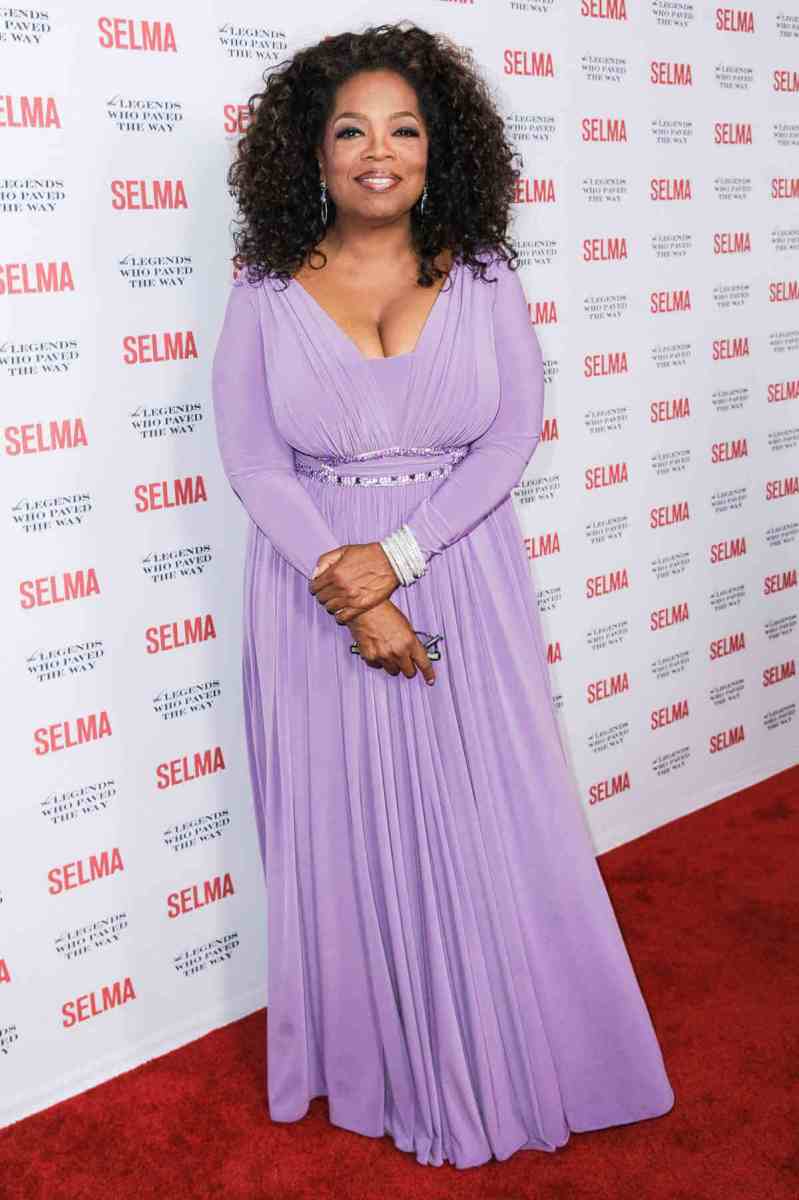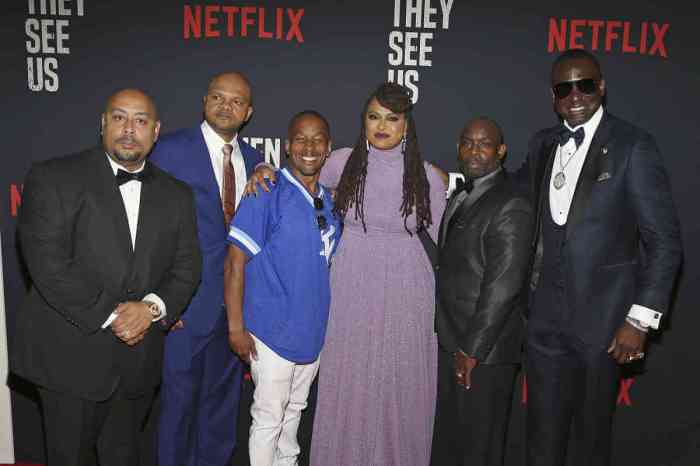Oprah Winfrey’s mother, Vernita Lee, died less than two months ago on Thanksgiving Day, and Oprah recently shared with People Magazine the tender story of their last conversation.
As usual, when Oprah shares a personal experience, her generous and insightful telling contains important lessons for us all in 2019. These lessons are about mustering the courage to admit the life of a loved one is nearing its end. They’re about bringing that knowledge into the open and acting on it, so the things that need to be said, will be said. They’re about creating an opening for words to come that will ring in our ears forever, close a life story and heal our wounds.
Two crucial decisions enabled Oprah and her mother to have one of the most meaningful conversations of their lives. The first was to decline aggressive, invasive treatment regimens as bodily functions deteriorated. Three years earlier, when Vernita’s kidneys began to fail, she put comfort and quality of life first, and declined dialysis. Recently, as other organs shut down, the family chose hospice care in the home. Without this decision, we might have heard quite a different story, of desperate medical interventions, physical suffering and emotional trauma. Researchers have found these are a recipe for complicated and prolonged grief, haunting loved ones with unfinished business, lingering regrets or unresolved conflict.
So the first lesson here is that we’d best consider our specific end-of-life priorities before consenting to intensive medical treatments that usually diminish the quality of a waning life, but rarely prolong it. If Oprah had been visiting her mom in a hospital’s intensive care unit instead of a very warm, small room in her own home, if her mom were riding a conveyor belt of tests and treatments, technology and misery, there would have been little space for their blessed and beautiful goodbye.
It probably wasn’t easy for Oprah and her mom to create the setting for a loving truth to emerge, as it rarely is. Our culture sends constant messages that we must treat death as an enemy to be conquered, deploy every medical technology in the battle and reject the possibility of “defeat.” It takes a lot of courage to resist incessant calls to battle. We need a new kind of heroism. We need more hero stories of people standing bravely, alert enough and informed enough to discern the perfect timing for surrender and retreat. Thank you, Oprah, for telling us this heroic story.
Oprah’s second crucial decision came when she recognized the opportunity for sacred conversation was now, and delay would squander the opportunity. She had left her mother’s home, but felt compelled to return because their story was unfinished. Anyone who has lost someone close knows this truth: Just because a loved one dies does not mean our relationship with them ends. No, our bond will continue through all our days. But death does seal the story of that bond. The story can only grow and change while our loved one lives.
Oprah tells of returning to her mother’s side, resolved to do what she could to craft a fitting farewell. She tells of patiently waiting hour after hour for the mood, the opening to appear. She becomes frustrated with the TV shows that preoccupy and distract her mother. On the second day of her intentional waiting, she turns to music, that it might break through to the deep places of the soul and dislodge the sacred words waiting to be spoken. Thankfully, the music accomplishes this goal.
As Oprah’s story about her mother shows, it can take persistence and good timing to have sweet closure at the end. But only our words, and no one else’s words, can recall a shared life, celebrate its joys or put its painful memories to rest. May we all have the opportunity to follow Oprah’s wise and loving example to a blessedly strong finish.
Barbara Coombs Lee, a former ER and ICU nurse and physician assistant, is the author of the new book “Finish Strong: Putting Your Priorities First at Life’s End.” She is president of Compassion & Choices, the nation’s oldest and largest organization working to empower everyone to chart their end-of-life journey. Source: American Forum


























